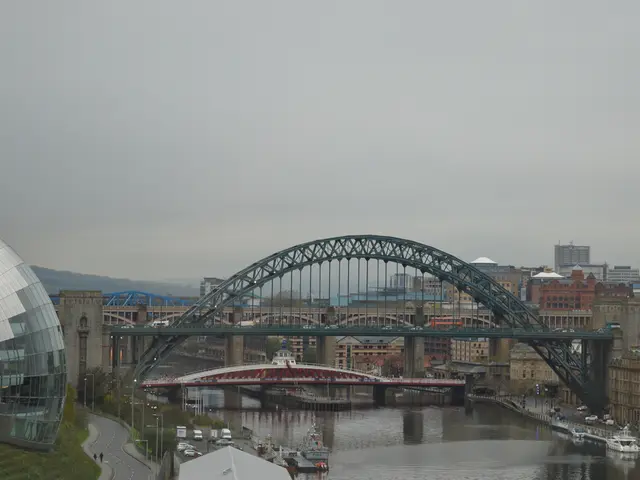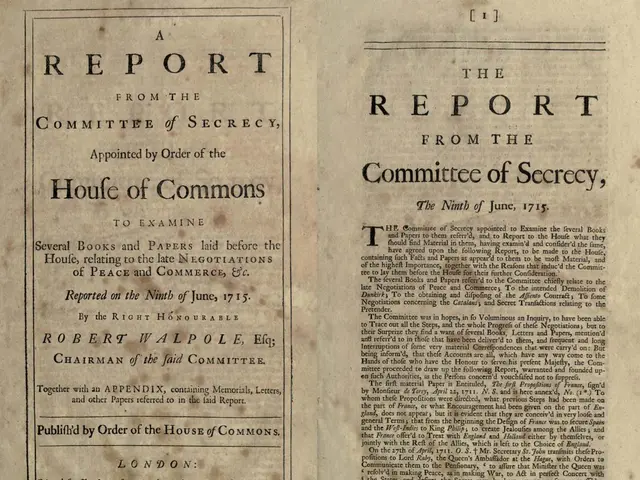European Coal Commission's Coalition: What's the Timeline for Clearing the Smog over Europe?
The Czech Coal Commission, set to meet through September 2020, is focused on ending coal usage and promoting renewable energy sources. The commission's objectives include determining a date for a coal phase-out and considering spending support money on projects that reduce greenhouse gas emissions, such as building up renewable energy.
However, the commission's tasks are not as clearly defined as those of its German predecessor. One of the challenges the commission faces is addressing technical aspects, impacts, and job replacement for coal-dependent regions. One working group will deal with support mechanisms for coal-mining regions.
Despite the focus on renewables, nuclear energy is being prioritized over them due to political pressure, conservative perspectives, and the image of nuclear energy as a stable, cleaner source. Public opinion polls show that people view coal-fired energy as dirty and have relatively strong support for nuclear power.
The success of the commission will depend on its ability to address these issues effectively. It is not stated whether renewables can fully replace coal-generated heat and electricity in the Czech Republic.
The commission's goal should be to phase out large coal-fired power plants by 2030, and there should be no continued use of coal for household heating. This is crucial as the share of energy from renewable sources in the Czech Republic is one of the lowest in the EU.
The current national energy and climate plan (NECP) does not lay out a more ambitious increase for renewable energy. The commission's work will continue after the NECP is finalized by the end of the year.
Interestingly, there are no relevant search results about public expectations in the Czech Republic regarding the commission's outcome or their preferred energy model. This highlights the importance of engaging with the public and understanding their views as the commission moves forward.
It's worth noting that converting heating plants to run on natural gas for thirty years to ensure a return on investments would be unacceptable from the perspective of reducing CO2 emissions. This underscores the need for a comprehensive and long-term strategy for transitioning to renewable energy.
The minister of industry has declared that the government has never voted against the opinions of other advisory bodies, but it can't be fully binding. This suggests that the commission's recommendations will need to be carefully considered and balanced against other factors.
In conclusion, the Czech Coal Commission faces a challenging task in transitioning the country away from coal and towards renewable energy. The commission will need to address technical, economic, and social issues, engage with the public, and balance the need for a quick transition with the need for a sustainable one. The success of the commission will be crucial in helping the Czech Republic meet its climate goals and reduce its CO2 emissions.
Read also:
- Trump administration faces lawsuit by Denmark's Ørsted over halted wind farm project
- Unchecked Management of HP Dams Leads to Environmental Disaster: RTI Reveals
- Rapid advancements in automotive policies worldwide fuel transition towards electric vehicles
- CDU Hamm: Aim, Chosen Candidate, and Local Election Agenda








